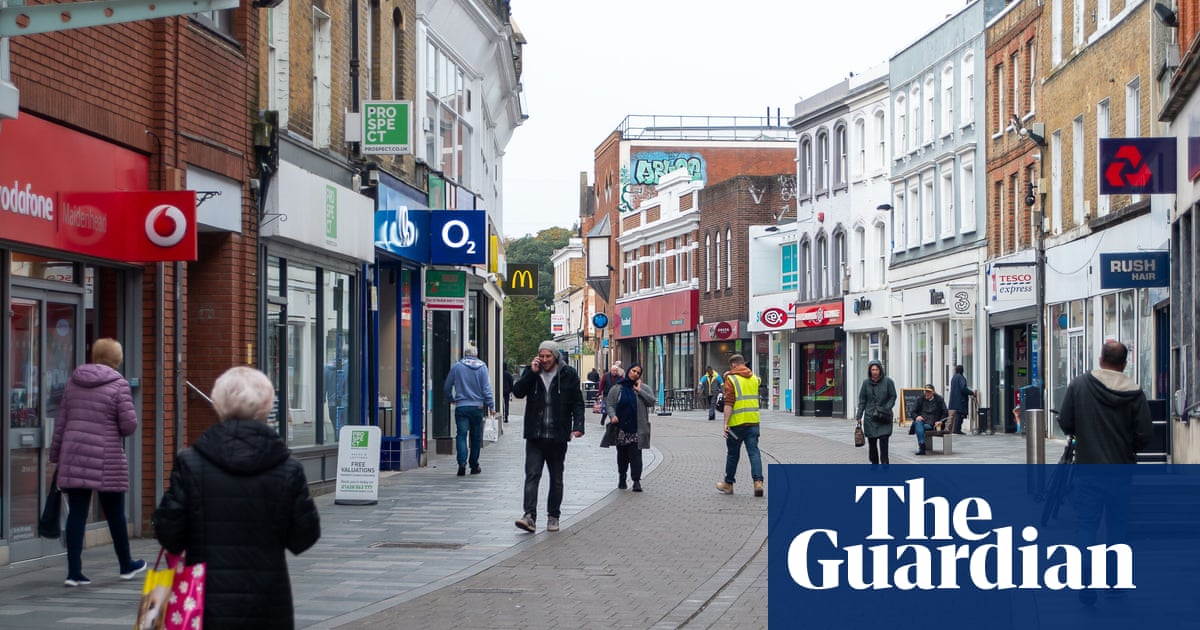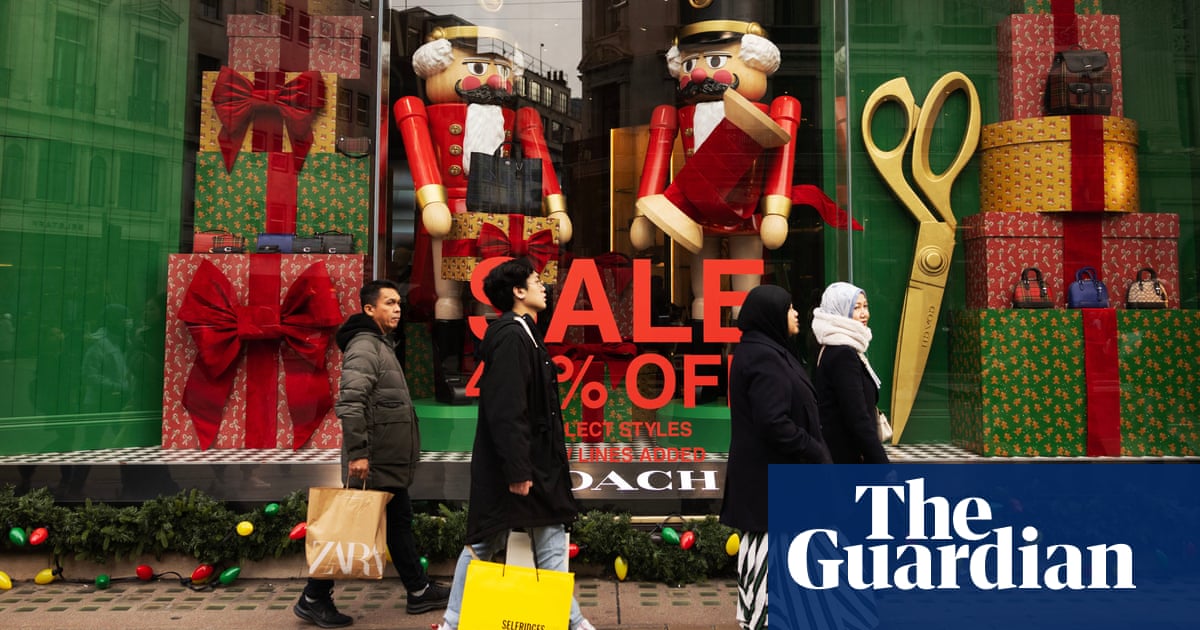
Warmer weather and online bargains drove a surprise increase in retail sales in May after City forecasts predicted the cost of living crisis would persuade consumers to be more restrained.
Retail sales in Great Britain rose 0.3% last month after a 0.5% increase in April, continuing a bounce in spending since the beginning of the year that points to a return of consumer confidence after last September’s disastrous mini-budget.
Analysts had expected the cumulative effect of interest rate rises by the Bank of England over the previous 18 months would dent consumer spending and drag down sales volumes by 0.2% in May.
Heather Bovill, a senior statistician at the Office for National Statistics, said that while food sales dropped as high prices put shoppers off, online retailers did “particularly well selling outdoor goods and summer clothes, as the sun began to shine”.
She added: “Garden centres and DIY stores also saw growth, as the good weather encouraged people to start home and garden improvements.”
The Centre for Economics and Business Research (Cebr), a consultancy, said the impact of the Bank of England’s most recent interest rate increase to 5% would begin to hit disposable incomes in the second half of the year.
“The outlook for the retail sector is therefore mixed, with consumers still faced with a cost of living crisis and the prospect of higher unemployment,” Cebr said.
A separate survey of the private sector found that services company sales grew this month but the pace of expansion slowed as steep price rises put the brakes on customer spending.
The S&P Global flash composite purchasing managers’ index, covering the services and manufacturing sectors, found growth slowed in June. The headline index of activity fell to 52.8 from 54.0 in May, the lowest rate of growth for three months. Anything above the 50 mark signals expansion.
Factory owners remained in recession after the manufacturing index remained unchanged at 47.7.
S&P Global said: “Overall private sector output growth was the slowest since March, reflecting a much softer rise in new order intakes as some clients curtailed spending.”
It added: “Service providers reported a solid overall upturn in new orders, despite many noting that cost of living pressures and higher interest rates had curtailed demand.
“In contrast, manufacturers experienced a steep and accelerated fall in new work, with survey respondents citing weak market conditions at home and abroad.”
The rise in retail sales was also fuelled by the lower cost of petrol and diesel, which pushed up spending by 1.7% in May, although this only partly offset a 1.7% fall in April and left fuel sales down 9.5% year on year.
To illustrate how much more consumers have needed to spend to register only a small fall in the quantity of things they bought, the ONS data showed the amount spent was 16.9% higher than in 2019, while the volume of sales has declined by only 1.6%.












